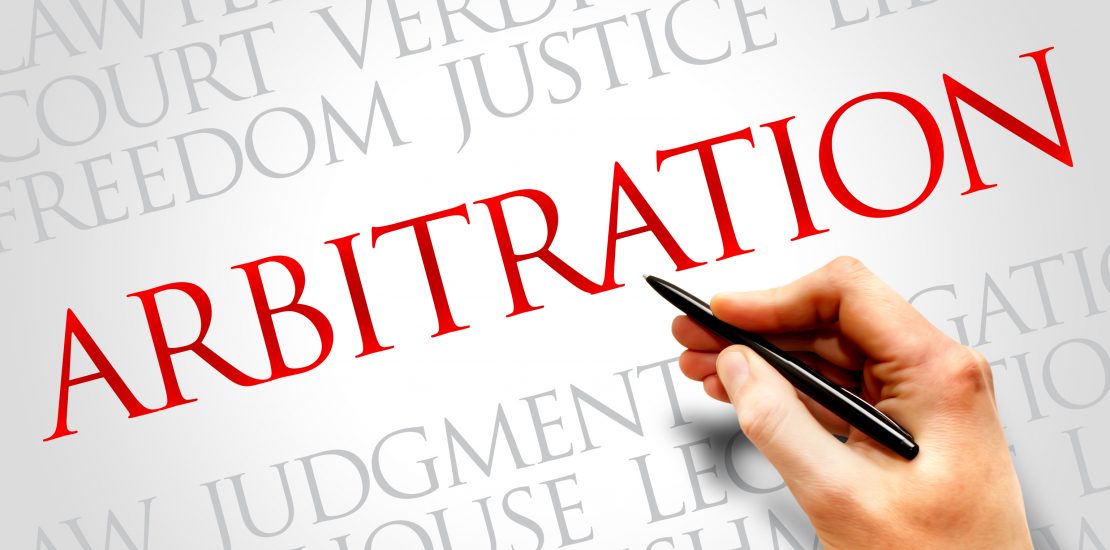- February 11, 2023
- Posted by: admin
- Category: arbitration

TANZANIA ARBITRATION CENTER.
The Tanzania Arbitration Centre (TAC) is a neutral, independent and efficient institution, established to provide dispute resolution services through arbitration, conciliation, and other alternative dispute resolution methods. TAC mission is to promote the use of alternative dispute resolution (ADR) and to provide a forum for the resolution of disputes in a timely and cost-effective manner. It operates under the auspices of the Ministry of Justice and Constitutional Affairs of the United Republic of Tanzania.
Arbitration in Tanzania is a form of alternative dispute resolution that involves the appointment of an impartial third party, known as an arbitrator, to make a binding decision in a dispute between parties. In Tanzania, the Arbitration Act revised edition 2020 governs the practice of arbitration. This act provides the legal framework for the conduct of arbitration proceedings, including the appointment of arbitrators, the holding of hearings, and the enforcement of arbitral awards. The act also recognizes the enforceability of foreign arbitral awards in Tanzania.
WHO CAN TAKE A DISPUTE BEFORE TANZANIA ARBITRATION CENTRE?
Any party to a dispute, whether they are individuals, businesses, organizations, or government entities, can take a dispute to the Tanzania Arbitration Centre for resolution as far as;
The dispute is arbitrable, meaning it must be a matter that can be resolved through arbitration.
The parties have agreed to resolve their dispute through arbitration, either before or after the dispute arose.
DISPUTES WHICH CAN BE RESOLVED BY TANZANIA ARBITRATION CENTRE.
The exact nature of disputes that can be taken to TAC will depend on the terms of the agreement between the parties, as well as any relevant laws and regulations. The Tanzania Arbitration Centre (TAC) has jurisdiction to hear a wide range of disputes, including: Commercial disputes arising from contractual relationships, Investment disputes, Construction disputes, Intellectual property disputes, Banking and finance disputes, Telecommunication disputes, Energy and natural resource disputes, Environmental disputes, Shipping and transport disputes, Real estate disputes etc.
ROLES OF THE TANZANIA ARBITRATION CENTRE
The Tanzania Arbitration Centre (TAC) Tanzania Arbitration Centre plays a crucial role in promoting and facilitating the use of arbitration as an effective method for resolving disputes in Tanzania.
The primary roles of the TAC include:
1. Administering arbitration proceedings: The TAC provides administrative support to parties in arbitration, such as appointing arbitrators, managing the hearing process, and ensuring the timely issuance of awards.
2. Providing training and education: The TAC offers training programs and seminars on alternative dispute resolution methods, including arbitration, to promote a better understanding of these methods among legal professionals and the general public.
3. Promoting the use of arbitration: The TAC works to increase the use of arbitration in Tanzania by providing information on its benefits and working with stakeholders to draft laws and regulations that support arbitration.
4. Maintaining a panel of arbitrators: The TAC maintains a list of qualified and experienced arbitrators who are available to serve in arbitration proceedings.
THE PROCESS OF TAKING A DISPUTE TO THE TANZANIA ARBITRATION CENTRE (TAC)
The process of taking a dispute to the Tanzania Arbitration Centre (TAC) involves the following steps:
1. Agree to Arbitration: The parties to the dispute must agree to resolve their dispute through arbitration, either through a contractual clause or by signing a submission agreement.
2. Notice of Arbitration: One of the parties must submit a notice of arbitration to TAC, setting out the details of the dispute, the parties involved, and the relief sought.
3. Appointment of Arbitrator: TAC will appoint an arbitrator or a panel of arbitrators to hear the case, unless the parties have agreed on the appointment of the arbitrator(s).
4. Preparation for the Hearing: The parties must exchange any relevant information and documents, and may request TAC to take any necessary measures for the preparation of the hearing.
5. Hearing: The arbitration hearing will take place, during which the parties will present their evidence and arguments.
6. Award: After the hearing, the arbitrator(s) will issue an award, which is binding on the parties.
7. Enforcement of the Award: If one of the parties fails to comply with the award, the other party may apply to the relevant court for enforcement.
